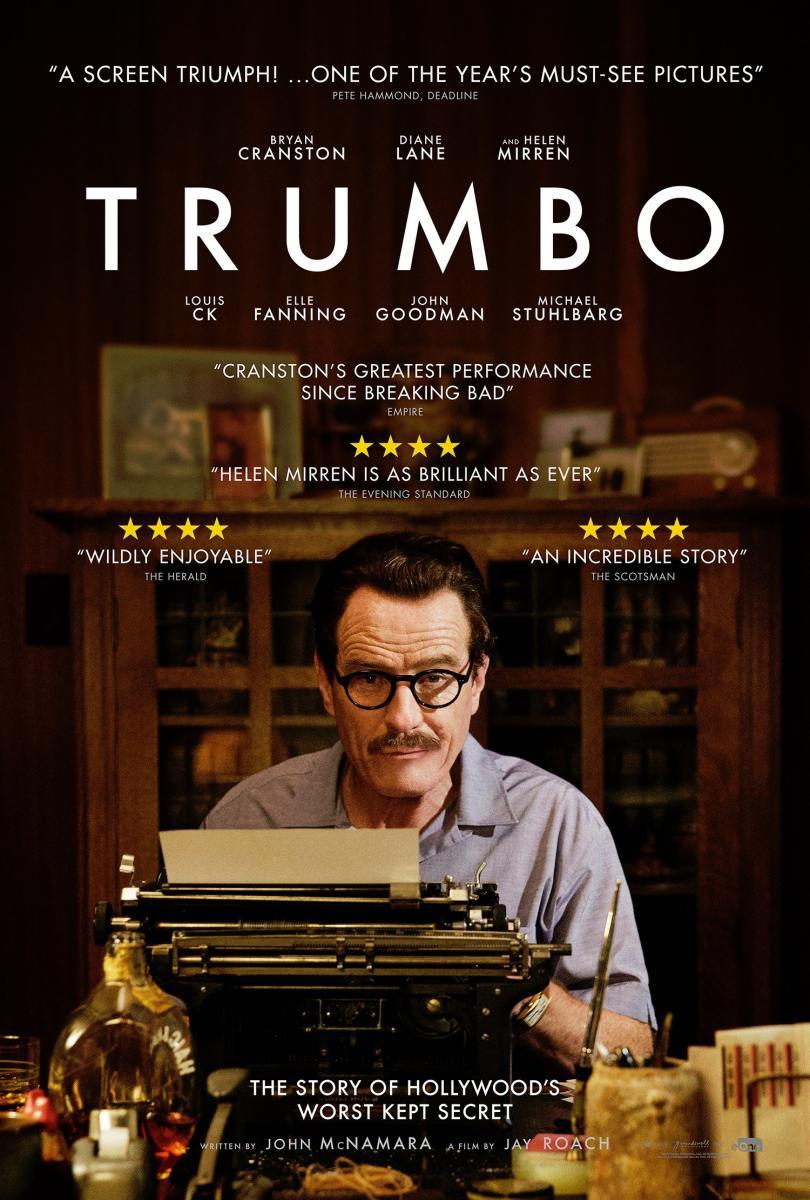Prints
“What happened on June 17th, I don’t think the President knew anything about.”
The film begins by covering the break in to the National Democratic Party headquarters in the Watergate building on June 17, 1972. It follows a reenactment of the investigation Washing Post journalists Bob Woodward and Carl Bernstein did of a seemingly minor story that ended up leading the call for the eventual resignation of the current President of the United States, Richard M. Nixon. With the support of their editors, Woodward and Bernstein revealed that the break in at Watergate was only a small part in a much larger network of intelligence gathering activities, many of which compromised citizen’s private security.

Keep I mind, this was before 9/11 and the PATRIOT Act. There once was a time, when tapping a person’s phone was an invasion of privacy, even if it was committed by the government.
The investigation done by the two journalists couldn’t have gone far though, if it wasn’t for their secret source, Deep Throat. Their first story published suffered a third page posting because it lacked credible sources that didn’t mind coming forward and giving their name. With Deep Throat’s guidance, Bernstein and Woodward were able to present their findings as harder evidence which changed the placement of their subsequent stories. After the Watergate Investigation, Deep Throat was later identified as FBI Deputy Director Mark Felt.
Some say that, it wasn’t the President’s connection with the Watergate break in that stirred the American people to pressure Nixon to resign. October 20, 1973 is known as the “Saturday Night Massacre.” On this night, embattled President Richard Nixon fired Special Prosecutor Archibald Cox and accepted the resignations of Attorney General Elliot Richardson and Deputy Attorney General William Ruckelshaus.
According to History.com, the “massacre” stemmed from an inquiry into the notorious June 1972 break-in at the Watergate complex, in which five Nixon operatives were caught trying to bug the Democratic National Committee headquarters. Things began to get heated when Special Prosecutor, Archibald Cox petitioned the White House for over 10 hours of secret Oval Office recordings that could possibly implicate the President’s involvement with the crime. In an act of defense, the White House denied the request and speculation began as to the possible reasons why the President could have for denying the recordings if they were not self-incriminating. Was the president hiding his fingerprints?
Self-incriminating….
For those of you that haven’t taken three classes of government and had the Bill of Rights drilled into your head; the third section for the Fifth Amendment to the United States Constitution is commonly referred to as the “self-incrimination” clause. In principle, it protects persons accused of committing a crime from being forced to testify against themselves. In the U.S. judicial system, a person is presumed innocent, and it’s the burden to prove guilt lies on the state or national government. One of the recent headlines relating to the White House relates to the release of Special Prosecutor Robert Mueller’s questions to the New York Times. Apparently, the release of the questions could qualify as obstruction of justice because it interferes with the natural flow of information and it could be potentially tipping off a witness. The list of questions by Mueller supposedly read like questions that develop naturally during the course of a conversation rather than an investigative inquiry. The New York Times reported that the questions appear to be more open-ended in an attempt to “penetrate the president’s thinking.”
Given the structure of the questions, it would appear that Special Prosecutor Robert Mueller is trying to get the President to incriminate himself since there hasn’t been much hard evidence on the Russia investigation. You’d think this is shameful behavior but what are you supposed to do when the person suspected of pulling the strings is insulated from the actions and repercussions? Donald Trump has hired people that will know what to expect he wants from them. He hires his staff according to their loyalty to do what he expects. He shouldn’t have to say what he wants; his delegates should already know what to do. Because of this, there’s a space bubble between the President and his closest campaign members. The most covert stuff is done internally, insulated from the President so he can’t be held responsible even if blame is thrown his way.
Despite the bubble, the President is increasingly becoming irritated with Robert Mueller’s investigation and the negative press generated from the investigation. On more than one occasion, he has told an office aide that he might just fire Mueller to end the investigation; but, if Nixon’s Saturday Night Massacre has any lessons to teach, Trump should refrain from exercising his executive power. Not only could it negatively rile up the public, he could also lose the support from his party base and make it seem like he’s left his prints on the scene. Despite his right to life, liberty, and the pursuit of happiness, none will be attained if Trump pleads the Fifth.
 Before I decided to pursue my communications degree, I considered becoming a CPA. Both professions rely on the verifiable truthfulness of their records as proof of their honesty. According to the Society of Professional Journalists’ code of ethics,
Before I decided to pursue my communications degree, I considered becoming a CPA. Both professions rely on the verifiable truthfulness of their records as proof of their honesty. According to the Society of Professional Journalists’ code of ethics, 

